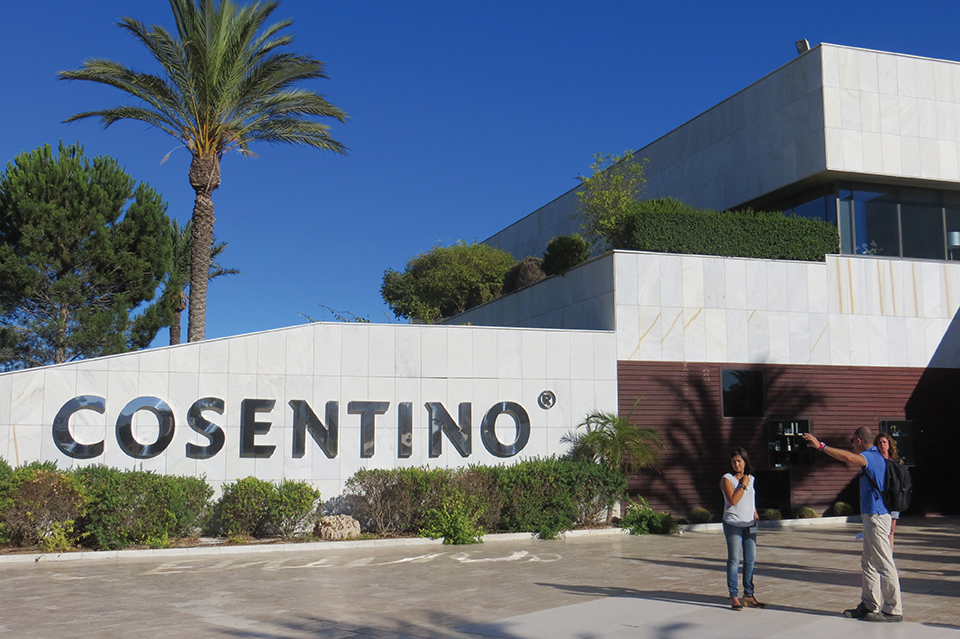Cosentino owner gets suspended prison sentence for not providing sufficient warning of the risk of processing Silestone
Francisco Martinez, who owns Cosentino, the Spanish manufacturer of Silestone and Dekton, has agreed to pay €1.1million compensation to five people (although one of them has died) who said they were not provided with adequate warning of the risk of being exposed to silica dust as a result of cutting and polishing Silestone countertops.
The compensation was part of a plea deal in a court in Spain that saw a prison sentence of two years nine months sought by the prosecutors reduced to six months (suspended) for five counts of serious injury due to gross negligence, reports Reuters.
Cosentino immediately issued a statement saying that liability had been admitted for providing insufficient technical information affecting five workers at a specific workshop only, and that the court’s ruling "cannot be generalized to any past or future proceedings". (You can read the full Cosentino statement by clicking here or on the link at the end of this report.)
Reuters says 71-year-old Francisco Martinez is due to appear in court again in July for a separate trial in the northern Spanish city of Bilbao, where prosecutors are asking for two and a half years' imprisonment on six counts of reckless injury.
Cosentino employs more than 5,000 people worldwide and posted record sales of €1.4billion for 2021. It reportedly plans an initial public offering (IPO) of shares that could be worth as much as €3billion.
Cosentino’s statement says "it is the fabrication shops’ responsibility to ensure the safety of their workers by properly implementing and enforcing safety measures".
It also says: "News articles that refer to other admissions made by Cosentino are completely false, including that Cosentino concealed information about the health & safety measures required to fabricate Silestone or that the handling of Silestone has caused the majority of cases of silicosis that have affected 1,856 workers."
It points out that this case took place in a "context where the relevant facts of the case are from more than 15 years ago when the applicable legislation was imprecise, and the science of occupational risk prevention had not yet evolved to today's standards".
According to Reuters, in the ruling on 7 February the judge said Francisco Martinez had failed to provide adequate warning of the danger from the silica content of Silestone despite being aware of the safety and health risks that the processing of the material entailed.

